In the world of water softeners, there are two brands that stand out from the rest: Kinetico and EcoWater. With the myriad of options available, it can be overwhelming to decide which one is the best fit for your needs.
In this article, we’ll dive into the world of water softeners and pit Kinetico against EcoWater to help you make an informed decision.
A Brief Comparison Table
| Feature | Kinetico | EcoWater |
| Operation | Non-electric, twin-tank design | Electric, single or twin-tank designs |
| Regeneration Method | Usage-based regeneration | Scheduled regeneration |
| Energy Efficiency | No electricity required | Requires electricity |
| Water Pressure Consistency | Consistent water pressure with twin tanks | May vary depending on regeneration cycle |
| Customizability | Limited range of models | Wide range of models and options |
| Smart Technology | Not available | Available with app-based monitoring |
| Warranty | Varies by model and dealer | Comprehensive warranty on parts and labor |
| Availability | Authorized dealers only | Broader availability through various channels |
| Initial Cost | Typically higher upfront cost | Lower upfront cost compared to Kinetico |
Kinetico: Pros and Cons
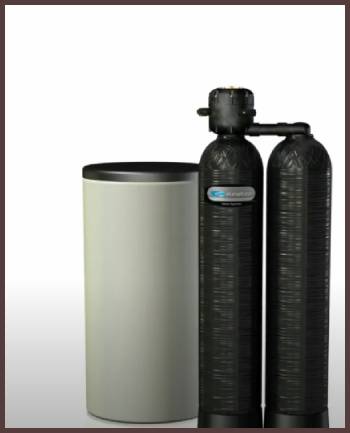
Pros
- Non-Electric Operation
Kinetico water softeners are known for their non-electric, twin-tank design. This means that they don’t require electricity to function, which not only saves energy but also eliminates the need for timers, computers, or other electrical components that can fail or require maintenance.
- Consistent Water Pressure
Kinetico’s twin-tank design ensures that there is always a soft water supply available. While one tank is regenerating, the other is providing soft water, maintaining consistent water pressure throughout your home.
- Efficient Regeneration
Kinetico water softeners regenerate based on actual water usage, not on a predetermined schedule. This means they only regenerate when needed, resulting in less waste of water and salt.
Also Read: About HydraFlex Waterproofing
Cons
- Higher Upfront Cost
Kinetico water softeners tend to be more expensive upfront than their EcoWater counterparts. However, this higher initial investment may be offset by the long-term savings in energy and maintenance costs.
- Limited Availability
Kinetico water softeners are sold exclusively through authorized dealers, which can limit your purchasing options and make it more difficult to find a local provider.
EcoWater: Pros and Cons
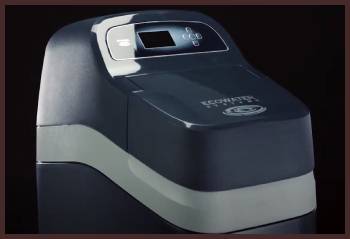
Pros
- Customizable Solutions
EcoWater offers a wide range of water softeners, allowing you to choose the perfect solution for your specific needs. With various sizes, capacities, and features, you can find a system tailored to your home and water usage.
- Smart Technology
EcoWater’s softeners are equipped with advanced technology that allows for remote monitoring and control. The EcoWater app enables you to check your system’s status, receive alerts, and even control settings from your smartphone.
- Comprehensive Warranty
EcoWater stands by their products with an industry-leading warranty that covers both parts and labor. This gives you peace of mind knowing that your investment is protected.
Also Read: About Pros And Cons Of Evolve Water Softener
Cons
- Electricity Dependency
Unlike Kinetico, EcoWater water softeners require electricity to function. This means that you’ll need an electrical outlet nearby, and the system may be more susceptible to power outages or electrical failures.
- Scheduled Regeneration
EcoWater softeners typically regenerate on a set schedule, which can lead to increased water and salt consumption if your usage patterns change.
Comparing Kinetico and EcoWater: Which is Right for You?
When deciding between Kinetico and EcoWater, it’s essential to consider your specific needs and preferences. If you prioritize energy efficiency, consistent water pressure, and low maintenance, Kinetico may be the right choice for you.
On the other hand, if you value customizable solutions, smart technology, and a comprehensive warranty, EcoWater could be the better fit.
Frequently Asked Questions (FAQs)
Kinetico’s main competitors in the water softening industry include EcoWater, Culligan, and Pelican Water Systems.
EcoWater faces competition from Kinetico, Culligan, and Pelican Water Systems, among others.
There is no one-size-fits-all answer to this question, as the best water softener company depends on your specific needs, preferences, and budget. Kinetico and EcoWater are both highly regarded brands, but other companies like Culligan and Pelican Water Systems also offer quality products. It’s essential to research and compare different brands and models to determine the best fit for your home.
Kinetico water softeners are known for their durability and long lifespan. On average, a Kinetico water softener can last up to 20 years or more, depending on factors such as water quality, usage, and proper maintenance.
Yes, Kinetico water softeners are designed, engineered, and manufactured in the United States. The company takes pride in producing high-quality products and supporting American jobs.
Kinetico Incorporated, a company founded in 1970, manufactures Kinetico water softeners. The company is headquartered in Newbury, Ohio, and has a reputation for producing innovative, high-quality water treatment products.
In Conclusion
Kinetico and EcoWater both offer quality water softening solutions, each with its own unique set of features and benefits. Ultimately, the choice between the two brands will come down to your specific needs, preferences, and budget.
If you’re searching for a water softener that is energy-efficient, requires minimal maintenance, and provides consistent water pressure, Kinetico may be the better choice. However, if you’re more interested in customizable solutions, smart technology, and an extensive warranty, EcoWater might be the right fit for your home.
By thoroughly researching and comparing both Kinetico and EcoWater, you can make an informed decision and invest in a water softening system that will improve your home’s water quality and protect your appliances and plumbing for years to come.

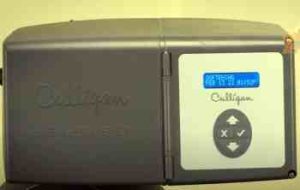
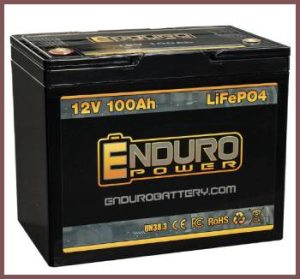
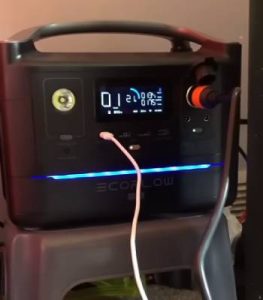
Good article, but what is the lifespan of an Ecowater system? Is Ecowater made in the USA also? I’m looking at both of these companies at the moment and with my extremely hard well water, I want longevity.